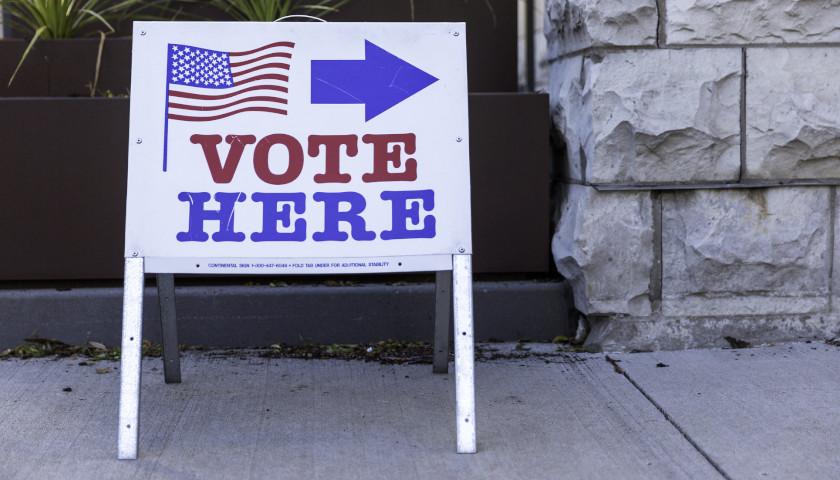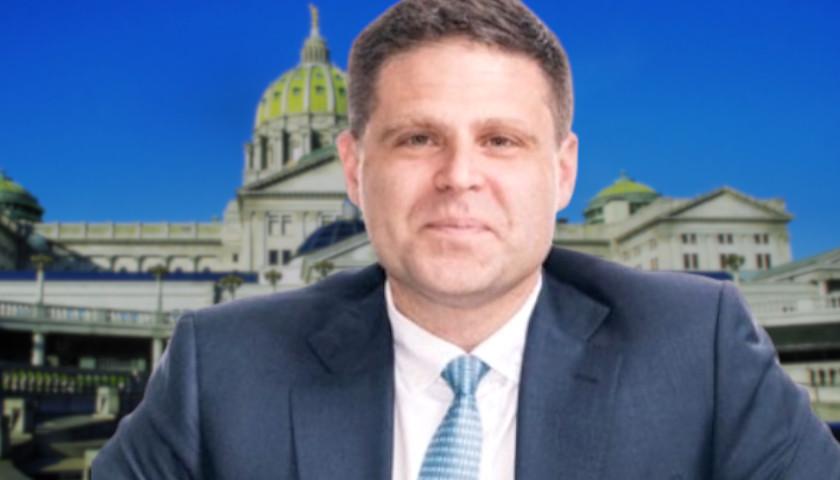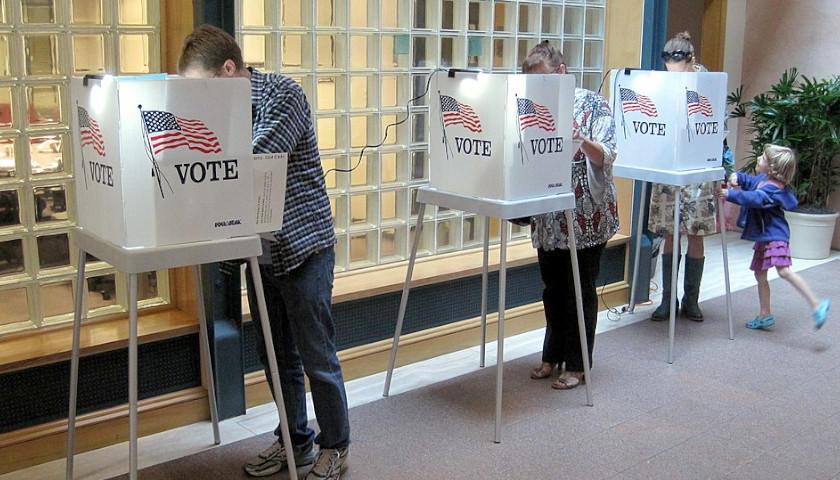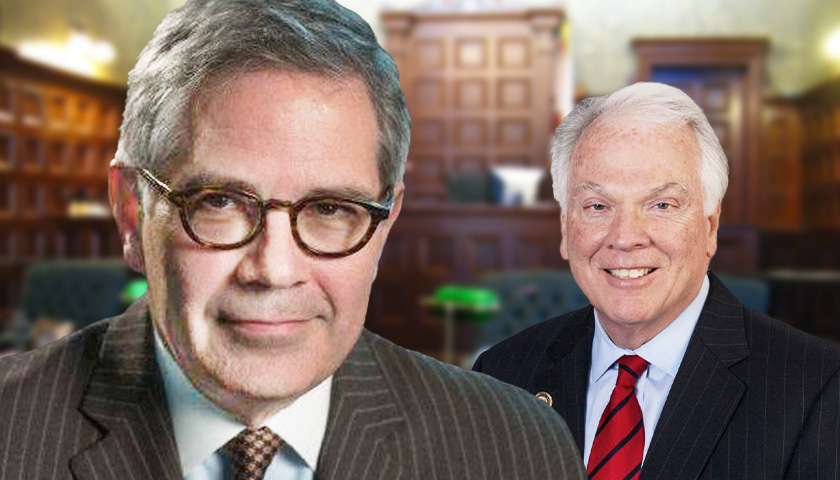by Anthony Hennen
Pennsylvania remains one of the few states without open primary voting, but some lawmakers say the potential change isn’t as straightforward as it seems.
Some legislators want to reform the status quo, but others worry that the complexity of the state’s electoral code is too convoluted for the switch to be a wise choice.
On Thursday, the House State Government Subcommittee on Campaign Finance and Elections met to discuss two proposals to create open primaries: House Bill 979 from Rep. Jared Solomon, D-Philadelphia, and HB 976 from Rep. Marla Brown, D-New Castle.
“Estimates are that by 2030, the grouping of independent, unaffiliated voters, third-party voters will be between 16%-18% of all elected voters in the state of Pennsylvania,” Solomon said. “They pay for the primary system. Their hard-earned tax dollars go towards ensuring that primaries function in Pennsylvania. Yet they have no voice.”
Both bills would let unaffiliated voters cast ballots in a Democratic or Republican primary of their choosing.
“In many communities, the primary election is the only real competitive stage,” Brown said.
Over recent decades, states have mostly moved in the direction of more-open primaries, Ben Williams of the National Conference of State Legislatures told the committee.
Pennsylvania is one of ten states with a closed primary system, while open primary states tend to be in the South and Upper Midwest.
Election officials, however, worry about the burden of more work.
“Counties will have to be prepared for every unaffiliated registrant to vote in one party primary or another,” Mercer County Director of Elections Thad Hall said. “In Mercer County, I would have to order 19,000 additional ballots for every primary election … Adding 19,000 ballots to ballot bags has an array of downstream effects and it affects my ballot security, my ballot accounting, and my ballot storage.”
Polling places would become “more chaotic and contentious,” Hall argued.
For Montgomery County, Director of Voter Services Dori Sawyer noted such a change would mean another 191,000 ballots.
“Adding two more ballot types would increase either the amount of time or the number of qualified staff members needed to ensure that there are no mistakes,” Sawyer said.
Ballot proofs in Montgomery County would rise from 852 to 1,704, she noted.
Despite the potential difficulty, advocates argued that the task isn’t insurmountable.
“Forty-one states do this,” Jeremy Gruber, senior vice president for Open Primaries, said. “I spend a lot of time reading through electoral codes; unfortunately, Pennsylvania’s not the only state with a(n) antiquated and challenging electoral code. There are plenty of other states that have done so and they managed their way through it.”
Before an expansion would begin, some legislators want to address existing problems in the code first.
“We have a lot of work to do before we try to add one more layer onto it,” Rep. Dawn Keefer, R-Dillsburg, said.
– – –
Anthony Hennen is a reporter for The Center Square. Previously, he worked for Philadelphia Weekly and the James G. Martin Center for Academic Renewal. He is managing editor of Expatalachians, a journalism project focused on the Appalachian region.
Photo “Vote Here Sign” by Lorie Shaull. CC BY-SA 2.0.








